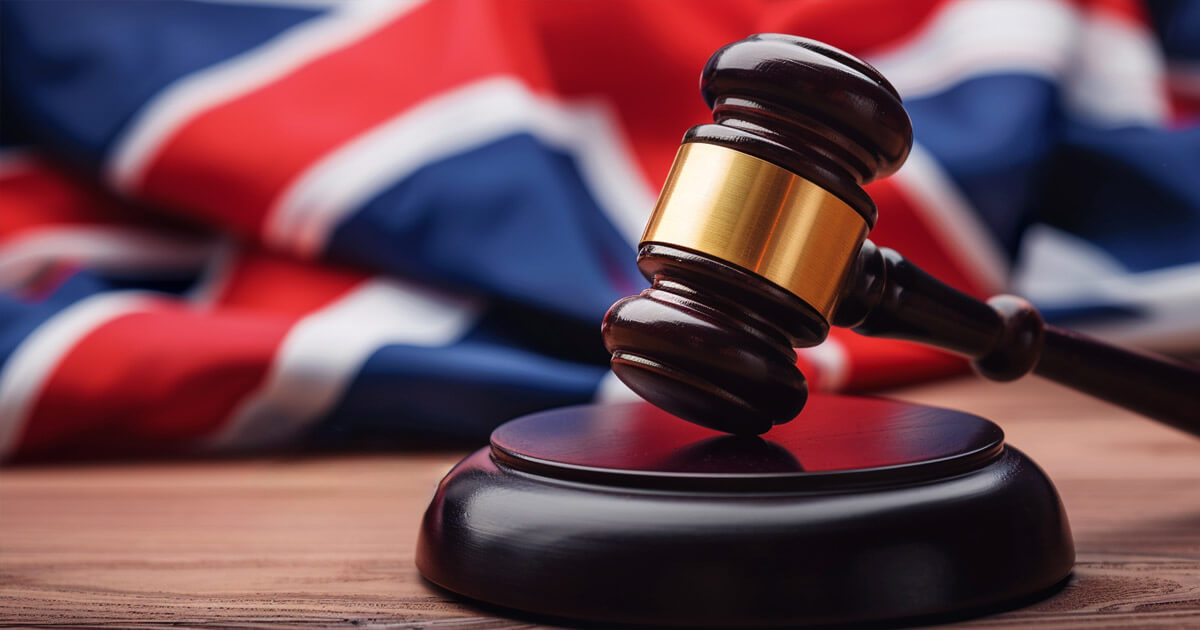Welcome to the Future: Legalizing DAOs in the UK
The UK Law Commission and DAOs
Have you heard of Decentralized Autonomous Organizations (DAOs)? No? Well, let me enlighten you. The UK Law Commission recently released a scoping paper that delves into the potential legal characterization of DAOs in the country. DAOs are essentially blockchain-based communities that come together for a common purpose, whether it’s investing in start-ups or pooling resources to purchase a historical document like the Constitution.
Market observers are hailing DAOs as the future of corporate governance. With their decentralized structure and transparent decision-making processes, DAOs have the potential to revolutionize the way organizations operate. However, legal clarity is crucial to ensure that these entities can operate within the confines of the law.
The Roadmap to Legalizing DAOs
The UK Law Commission’s scoping paper sets out a roadmap to identify the legal status of DAOs. This includes determining how existing laws and regulations apply to DAOs, as well as exploring potential legislative changes that may be needed to accommodate these new forms of organization.
One of the key challenges in legalizing DAOs is defining their legal personality. Unlike traditional organizations, DAOs do not have a central governing body or legal entity. This raises questions about liability, accountability, and regulatory oversight.
By addressing these issues head-on, the UK Law Commission is paving the way for DAOs to operate within the legal framework. This could open up new opportunities for innovation and collaboration, while also ensuring that DAOs operate in a responsible and compliant manner.
How Will This Affect Me?
As an individual, the legalization of DAOs could offer new opportunities for participation in decentralized communities. Whether you’re interested in investing in projects or contributing to a shared goal, DAOs could provide a platform for collaboration and engagement.
However, it’s important to be aware of the legal implications of participating in DAOs. Understanding the rights and responsibilities of members, as well as the potential risks involved, will be crucial to making informed decisions about involvement in these organizations.
How Will This Affect the World?
On a larger scale, the legalization of DAOs in the UK could have far-reaching implications for corporate governance and organizational structures. By recognizing DAOs as legitimate entities, regulators and policymakers could set a precedent for how decentralized organizations are treated in the future.
This could lead to greater acceptance and adoption of DAOs worldwide, as other countries look to the UK as a model for legalizing these innovative forms of organization. The result could be a more decentralized and transparent business ecosystem, with DAOs playing a significant role in shaping the future of corporate governance.
Conclusion
In conclusion, the UK Law Commission’s scoping paper on DAOs is a significant step towards recognizing the potential of decentralized organizations. By laying the groundwork for legalizing DAOs, the UK is setting the stage for a new era of innovation and collaboration. As individuals and businesses navigate this evolving landscape, it will be important to stay informed and engaged with the legal implications of participating in DAOs. The future is decentralized, and DAOs are leading the way.





